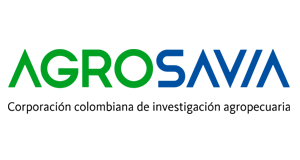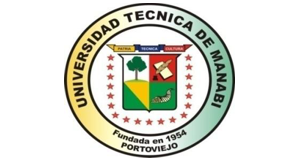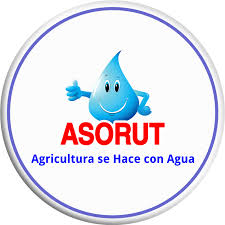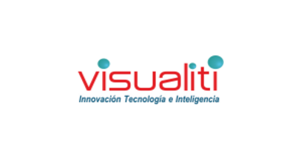Tropical Agriculture 4.0: efficient water management
Producers of avocado, cocoa, Tahití lime, and papaya in Colombia, Ecuador, and Honduras will have an alternative for water management, supported by electronic and digital technologies to irrigate in a timely manner, without excess or deficit
Context of the story
Limited access to water management technologies in agriculture hampers the ability of small and medium producers in LAC to compete globally (DNP, 2018). Fedesarrollo (2020) reports that LAC's agricultural GDP growth is 2.9%, with 1.8% from increased productivity and 1.1% from natural resource use. In Colombia, 6% of 18.4 million hectares are irrigated, and productivity remains low. In Ecuador, 70% of producers lack mechanized irrigation, and Honduras lacks an agricultural census to quantify irrigation use and technology adoption. According to CEPAL et al. (2022), the sector must accelerate digitalization and promote Agriculture 4.0 to improve productivity and water efficiency.
The use of electronic and digital technologies in agriculture in LAC will optimize resources on the farm, which will be reflected in the territories
The implemented initiative
In accordance with CEPAL, FAO, and IICA (2022), the project 'Tropical Agriculture 4.0: Efficient Water Resource Management' aims to promote the efficient use of water through the application of Agriculture 4.0 technologies in tropical crops of high socioeconomic value. The project includes the development of precision irrigation technologies for four fruit species adapted to the agroclimatic conditions of Valle del Cauca (Colombia); the assessment of current water use and the design of irrigation programs for cacao cultivation in Ecuador, and for Tahiti acid lime, papaya, and cacao in Honduras. A technology transfer program will be implemented to benefit more than 2,040 people across the three countries, fostering the adoption and sustainability of water management in agriculture.
A functional framework of a complete digital platform will be delivered, allowing for precise water management on the farm, quantifying storage in real-time to make informed irrigation decisions.
The technological solution
This project involves the application of Agriculture 4.0 technologies to enable efficient water use at the farm level. Soil moisture sensors will be installed to provide real-time information on changes in soil moisture content at the root zone. This information will be transmitted via an IoT network to a server (the cloud). The data will be directly linked to a web application that will provide real-time updates on soil moisture content and send alerts before and during irrigation events. Irrigation activation will be automated, allowing remote operation of irrigation based on the commands given by the operator. All developments in the project will be communicated to the public and those interested in technological advancements through various media channels.
According to Peter Drucker (1974): "What cannot be measured cannot be controlled, what cannot be controlled cannot be managed, and what cannot be managed cannot be improved."
Type of project
Results
Technical recommendation for irrigation management in three scenarios: 1.Standard program for producers who cannot access digital technologies, applicable in the area where the technology was developed; 2.Recommendation for producers not connected to the IoT network, who operate the application manually and can use it in any conditions where soil moisture monitoring is available; 3.Producers connected to the IoT network, who receive irrigation recommendations directly from the Web application. Identification of the technology's value proposition: Producers will optimize resource use, resulting in economic, environmental, and social benefits. Entry into digital agriculture, enhancing their competitiveness.

 Back to the project
Back to the project Colombia
Colombia Ecuador
Ecuador Honduras
Honduras












